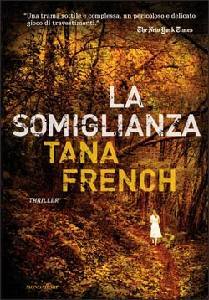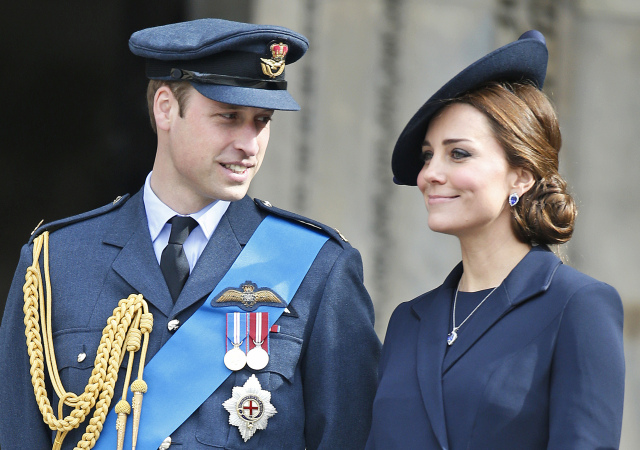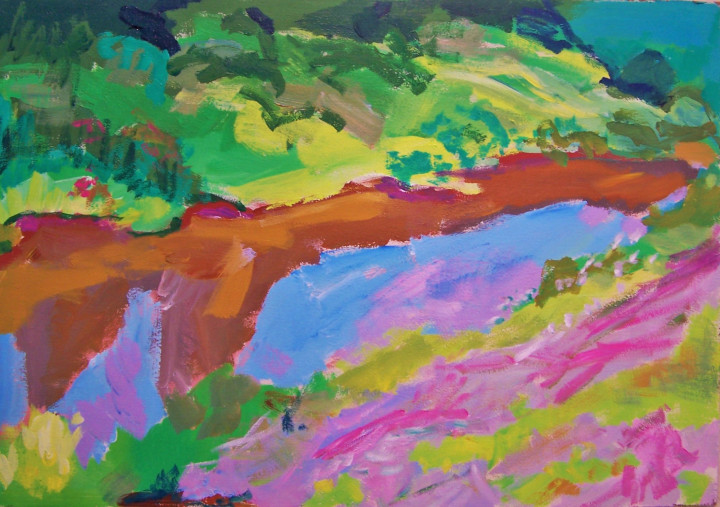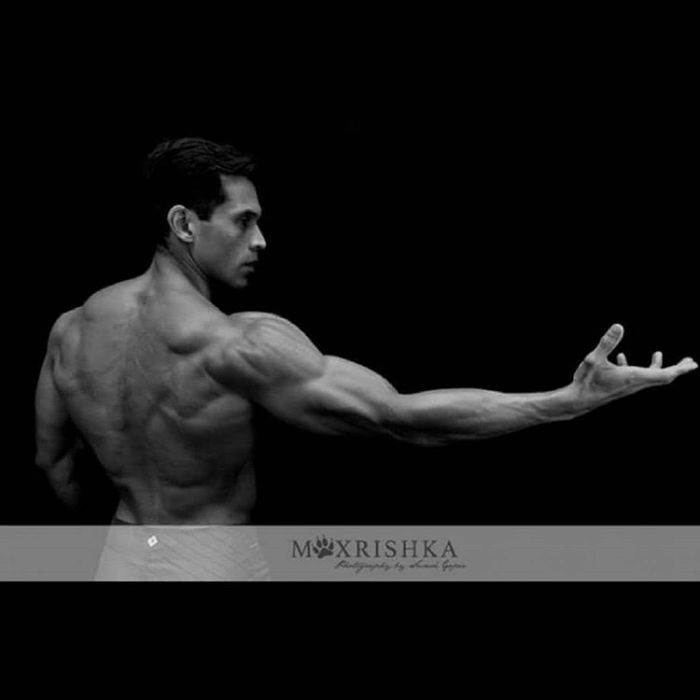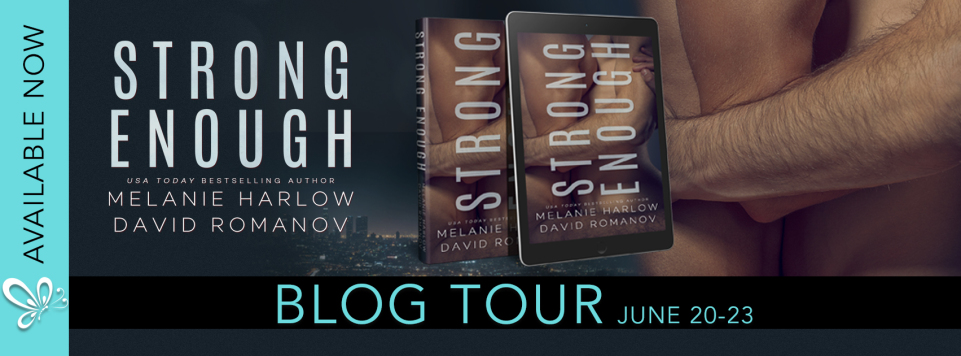When I was teaching college writing, I used to assign my students a literacy narrative in which they write about their history with reading and writing. I had written several as a grad student, and when my peers read their narratives out loud, I used to feel self-conscious because I didn’t believe myself to be as well read as they were.
It didn’t stop there. Often times I’d hear colleagues use “well read” as a marker of character. “I wouldn’t put much stock into what he says; he’s not very well read.” Or: “You’d like her. She’s well read.”
My students also had an expectation of me to be well read. To them, “well read” was not only having read all the classic literature in the world, but also having memorized it. Especially Shakespeare. Seriously, you’d be surprised how many of my students were shocked that not only had I not memorized Shakespeare, but I could remember the few plays and/or sonnets of his I had read. In fact, some students had decided me a substandard instructor the moment I told them my bachelor’s degree was not English, but rather psychology, which, trust me, has served me way more and better than an English degree ever would.
For most of my life, I too believed “well read” meant one who had read—and absorbed—a lot of classic literature. Willingly and aptly. When NPR or Publisher’s Weekly or some other bookish media site releases a list called The 100 Books You Should Read in Your Lifetime or something like that, and my Facebook friends proudly boast their numbers: “I’ve read 60 of them!” “72!” “85!” I keep silent because I don’t come close.
So what, and how much, have I read?It’s a question I’m asked as an author, and I’m always afraid to answer it for fear of being judged. But I’ll try to go out of my comfort zone here.
For starters, I have always been a creature of habit. If I fall in love with a writer (not literally, with the exception of my husband), I’ll read just about everything in his/her canon. As a child, I loved Dr. Seuss. Then Judy Blume. I didn’t only read each of their books once, but repeatedly. Like listening to an album and then letting it play over and over.
As a teenager, I can’t remember reading much of anything, especially whatever was assigned in school (with the exception of The Outsiders; my older sister loved it so much she read it to my twin brother and me, and I was totally stoked when we were finally assigned it in school.). I especially can’t remember liking any reading that was assigned. I was a teenager and a Duranie, so naturally I devoured every magazine that featured the Fab Five: “Simon Tells All!” “A Day in the Life of Jaunty JT!” and so on. I didn’t only look at the pictures (although, come on—it was all about the pictures). I read the articles (probably few of them true), and during this time I wrote Duran Duran fan fiction, not knowing there was a genre by that name. I read a few novels here and there, but none that stick out in my memory.
In my late teens and early 20s, I had lost my way. I was in a rather toxic relationship with someone who abhorred reading, couldn’t be bothered with it, found it lame and unsexy (how wrong he was). As I started to break free from his clutches, it was books that helped me escape—some were of the self-help variety (I recently wrote a post about the most influential one), some nonfiction like All the President’s Men and Barbarians at the Gate because I’d liked the movie adaptations, and eventually I found my way back to novels.
Then, in 1995, I went back to college.At UMass Dartmouth, I was immersed in academic reading, including novels for classes such as “Comedy and Satire” and “Literature and Society,” essays for “Writing About Popular Culture,” and Viktor Frankl’s Man’s Search for Meaning for a psychology paper on existentialism. (Also a book that has left a lasting impression on me.) The reading intensified in grad school—by then I was immersed in Aristotle, rhetorical scholars like Kenneth Burke and David Bartholomae, and a little Noam Chomsky here and there.
At some point I found myself craving “pleasure reading,” and sought more humorous work, including Douglas Adams, Nora Ephron, and David Sedaris. I’d wanted to write more humorous essays, and found them influential.
Reading Stephen King’s On Writing was the game-changer, however; King’s classic advice of “read a lot and write a lot” sunk in. I was astounded when he said he read sixty to seventy books a year. My graduate work prevented me from coming anywhere near that total, but I definitely upped my game. I listened to audiobooks (including the Harry Potter series) in my car, read a little bit before bed, and tried to get through two or three books per summer. I still don’t come close to the sixty-to-seventy total.
So what do I read now?Anything from books on how to improve productivity or boost your Kindle book sales to a memoir about Cary Grant or Dick Van Dyke to my friends/ fellow authors’ novels to novels that have come highly recommended in Facebook book groups to books on writing craft. I’m not loyal to any one genre, especially not my own. I also read the occasional blog post, political article (although I’ve cut back on those because they anger me too much), or Top Ten list.
And I’m still a creature of habit. I named 2017 A Year of Nora Ephron and (re)read just about everything of hers that I could get my hands on. I enjoy Marian Keyes’ and Jennifer Weiner’s and Sarah Pekkanen’s books. I read screenplays written by Aaron Sorkin and William Goldman. And all of Craig Lancaster’s books, of course. The Fallow Season of Hugo Hunter is my favorite, having read it three times, including before it was released. I have standalone favorites: Richard Russo’s Straight Man. Steve Hely’s How I Became a Famous Novelist. Duran Duran bassist John Taylor’s memoir, In the Pleasure Groove. And more.
And yes, I’ve read a few of the classics. They’re not in a league of their own, as far as I’m concerned. Some I liked and some I didn’t, like anything else I’ve ever read.
As a writer, it’s hard to read anything these days and not be looking at it with a critical eye. All part of the profession. But I love when I read something and think, “God, I wish I’d thought of that.” I also like reading something, putting it down, and thinking, “Well geez, I could do way better than that.” Both instances motivate me need to step up my game. And I don’t ever want to sit back and think I never have to be better than I already am.
So am I well read? I’m sure some will tell me I’m far from. Others will tell me they wish they were as well read as I am. I guess what it all comes down to is this—is being well read about quantity or quality? If it’s the latter, then who is the gatekeeper of that quality?
If you know the answer, tell me later. I’m in the middle of a really good book.
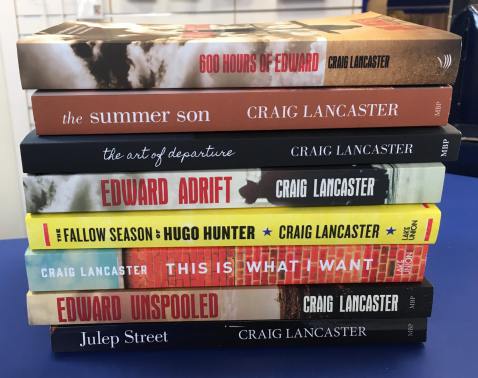
Share this:
